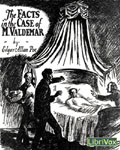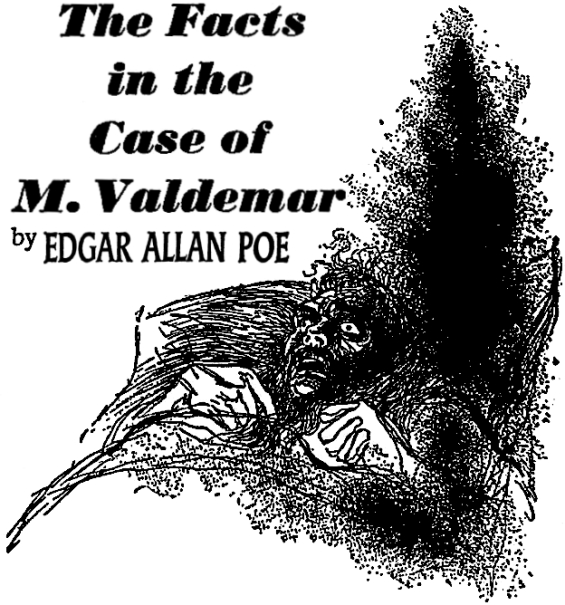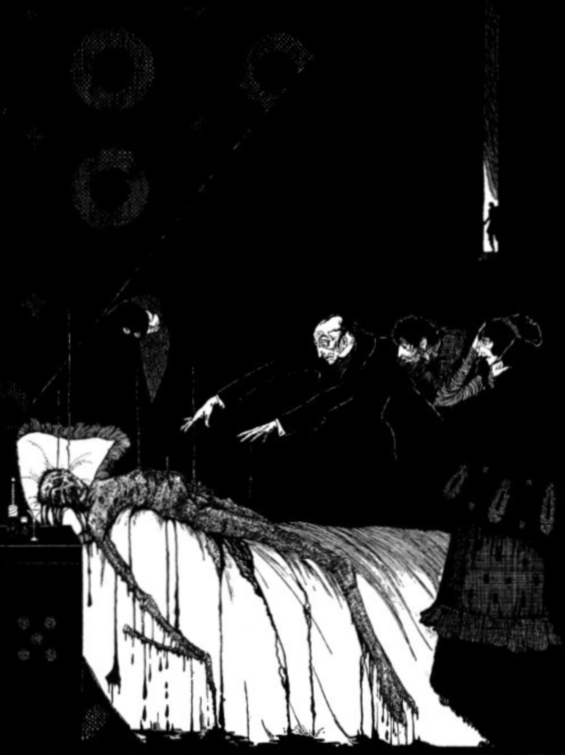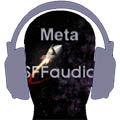
Never Bet The Devil Your Head was written by Edgar Allan Poe to mock his critics. It’s wit is as sharp as Voltaire’s Candide and it’s smirk is as wide as Mark Twain’s A Connecticut Yankee In King Arthur’s Court, but it’s just the size of Jonathan Swift’s A Modest Proposal.
Never Bet The Devil Your Head is the tale of Toby Dammit, a man of vice, who comes to a bad end.
Here’s a choice snippet:
“At five months of age he used to get into such passions that he was unable to articulate. At six months, I caught him gnawing a pack of cards. At seven months he was in the constant habit of catching and kissing the female babies. At eight months he peremptorily refused to put his signature to the Temperance pledge. Thus he went on increasing in iniquity, month after month, until, at the close of the first year, he not only insisted upon wearing mustaches, but had contracted a propensity for cursing and swearing, and for backing his assertions by bets.”
I highly recommended it.
Here’s an unabridged reading:
 Never Bet The Devil Your Head
Never Bet The Devil Your Head
By Edgar Allan Poe; Read by Dawn Keenan
1 |MP3| – Approx. 22 Minutes [UNABRIDGED]
Publisher: Voices In The Dark
Published: 2005
First published in Graham’s Magazine, September 1841.
And here’s a pointed, yet spritely, audio dramatization adaptation with the legendary Daws Butler playing Dammit:
 CBS Radio Workshop – Never Bet The Devil Your Head
CBS Radio Workshop – Never Bet The Devil Your Head
Adapted from the short story by Edgar Allan Poe; Performed by a full cast
1 |MP3| – Approx. 1 Hour [RADIO DRAMA]
Broadcaster: CBS
Broadcast: July 28, 1957
Provider: archive.org
Cast:
John Dehner … Mr. Poe
Daws Butler … Toby Dammit
Howard McNear … the Devil
And finally here’s a |PDF|.
Posted by Jesse Willis




 In my reading about The Frozen Pirate,
In my reading about The Frozen Pirate, 



 I’ve created a
I’ve created a 